September 24 - October 7, 2017: Issue 331
2017-2018 Surf Patrol Season Commences In Pittwater: Whale Beach SLSC's All-In Patrol
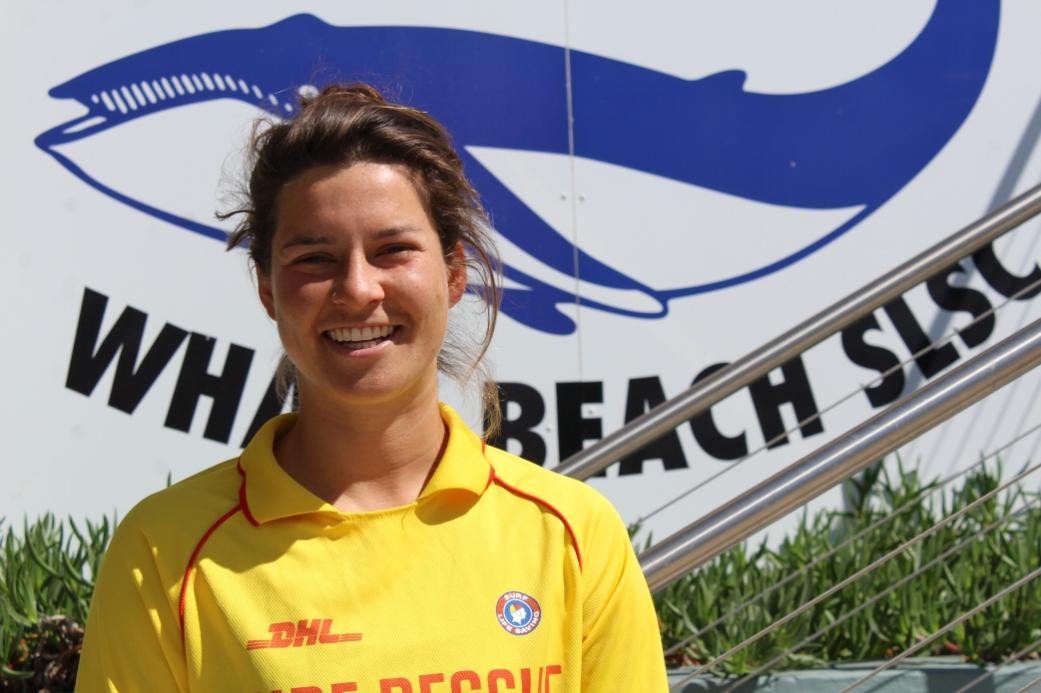
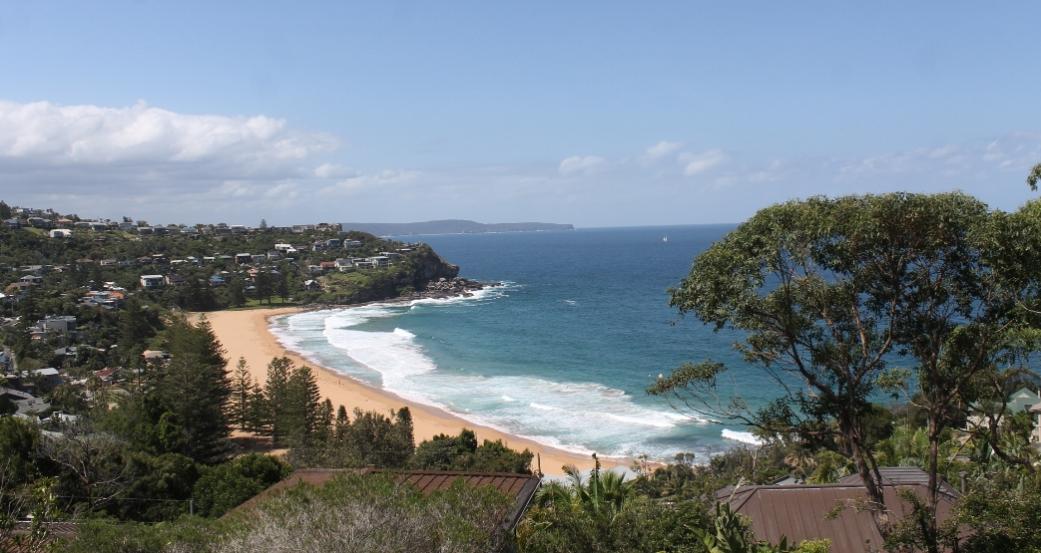
Jumping For Joy: Fauna Crossing For Mona Vale Road Confirmed
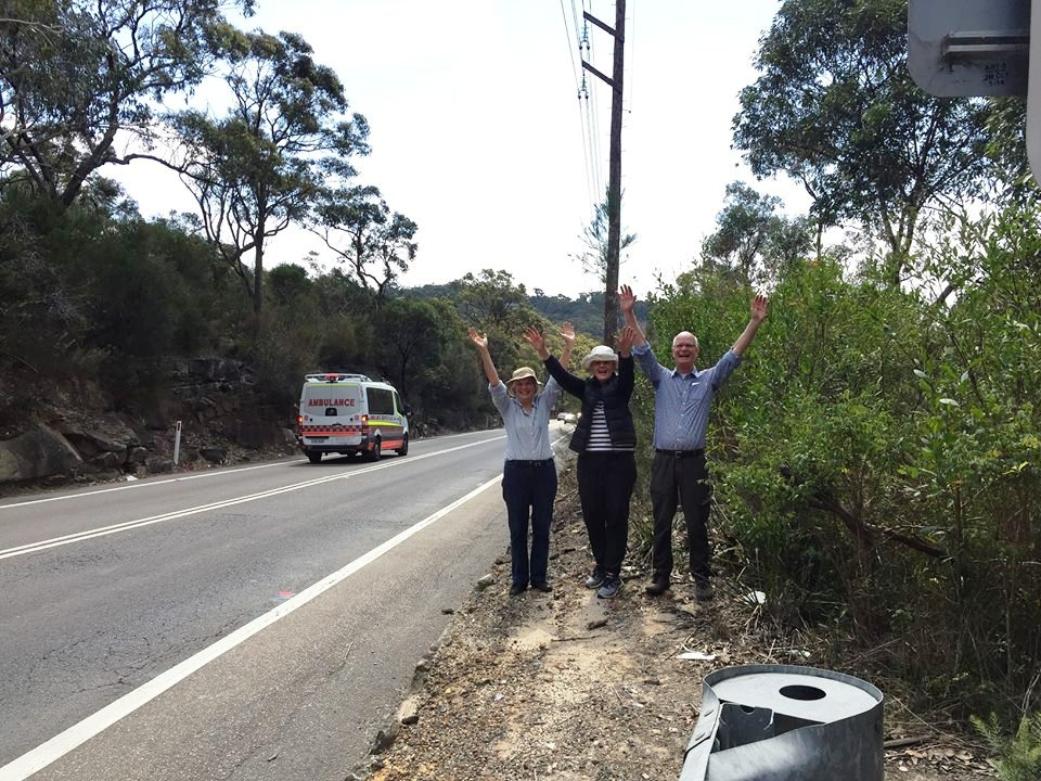
Narrabeen Hosts Event 3 Of The Nudie Australian Boardriders Battle 2017/18
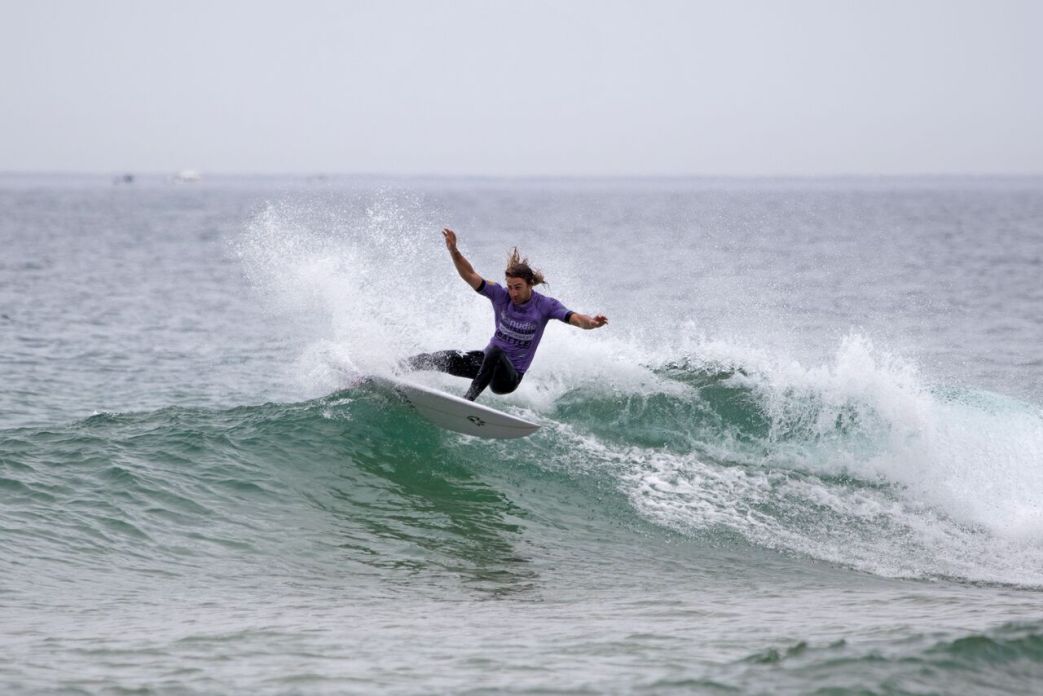
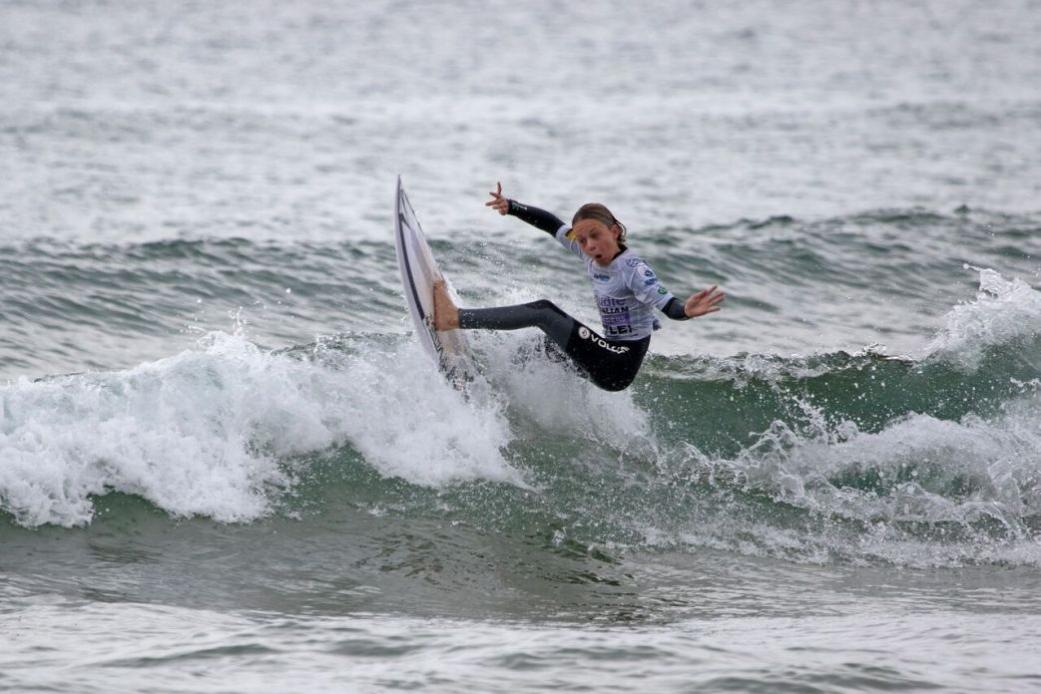
NSW Surf Patrol Season Starts
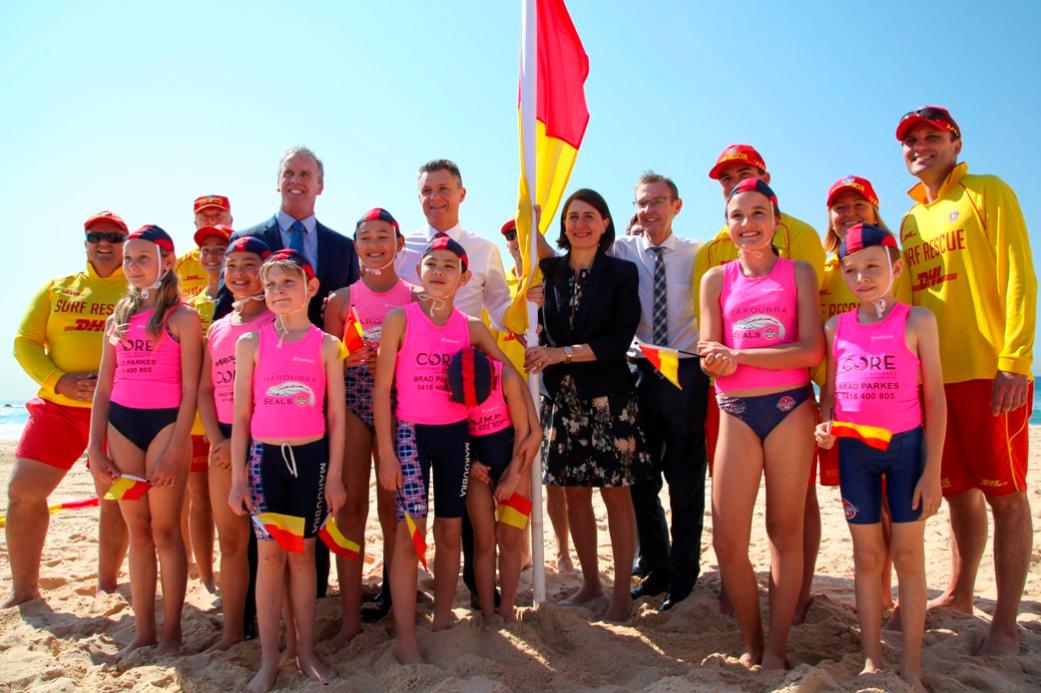
Friday September 22nd, 2017 - By Surf Life Saving NSW
The 2017 Surf Life Saving NSW Coastal Safety Report comprehensively reviews and assesses the current and historical coastal drowning data as well as gives an overview of the state’s Surf Life Saving assets and capability.
For 2016/17, some key findings include:
- While total coastal drownings for the year numbered 31, down from a record-high of 53 the previous year, there was a big spike in drownings at the height of summer.
- Overwhelmingly males continue to represent the majority of drowning deaths – 90%
- 29% of people who drowned were aged 20-29.
- 42% of people drowned while swimming, predominantly as a result of being caught in rip currents, and 19% died while rock fishing.
- It is concerning that almost 70% of drownings occurred more than 5km from a patrolled location, suggesting the swim between the flags message is not being heeded by many people.
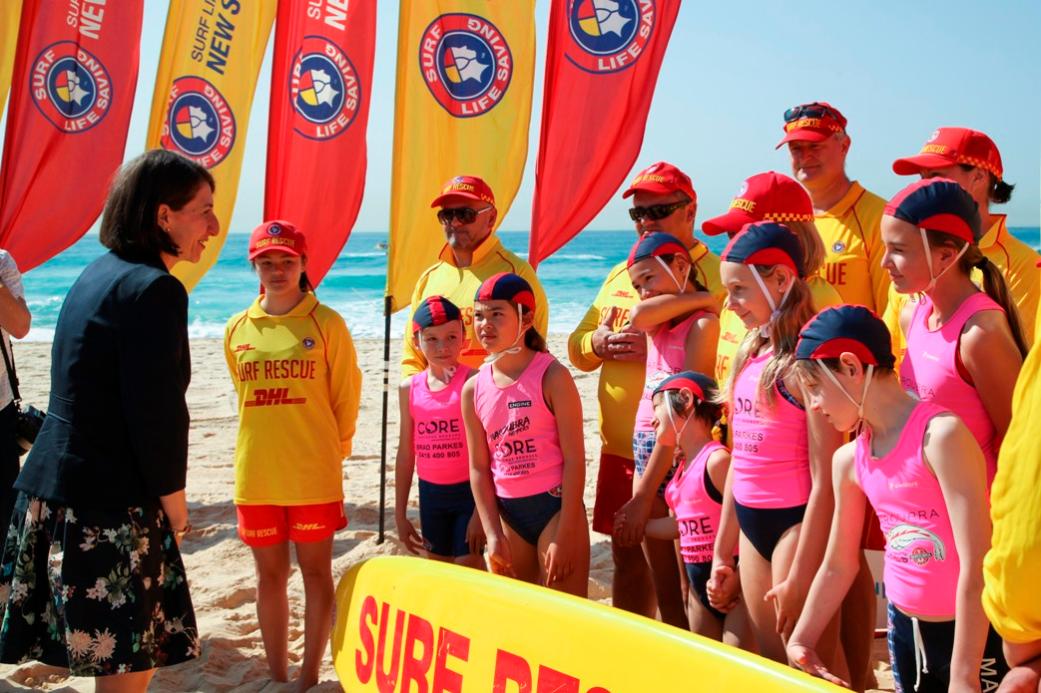
Pittwater School Holidays: Spring 2017 - Get Out and Enjoy Your Own Backyard
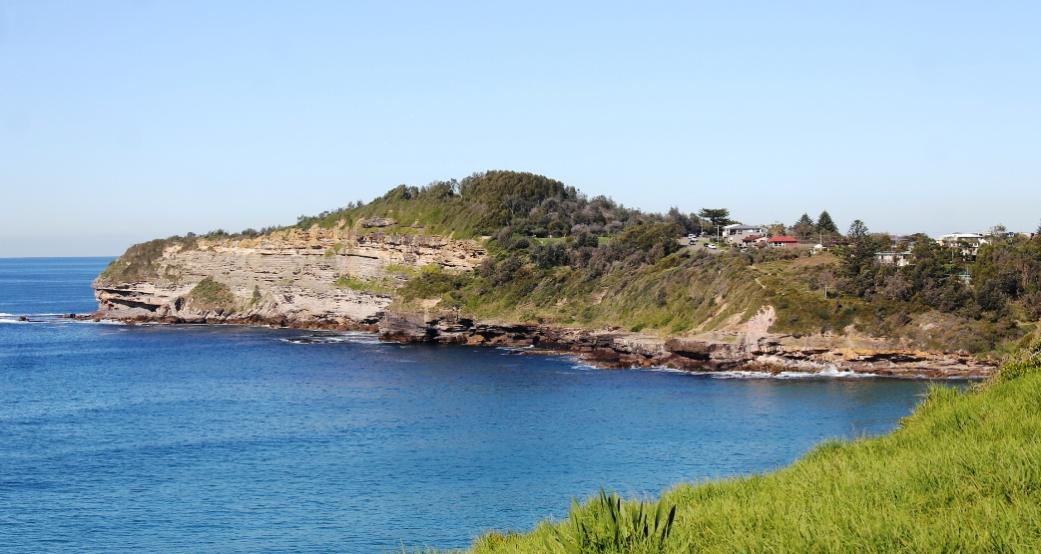
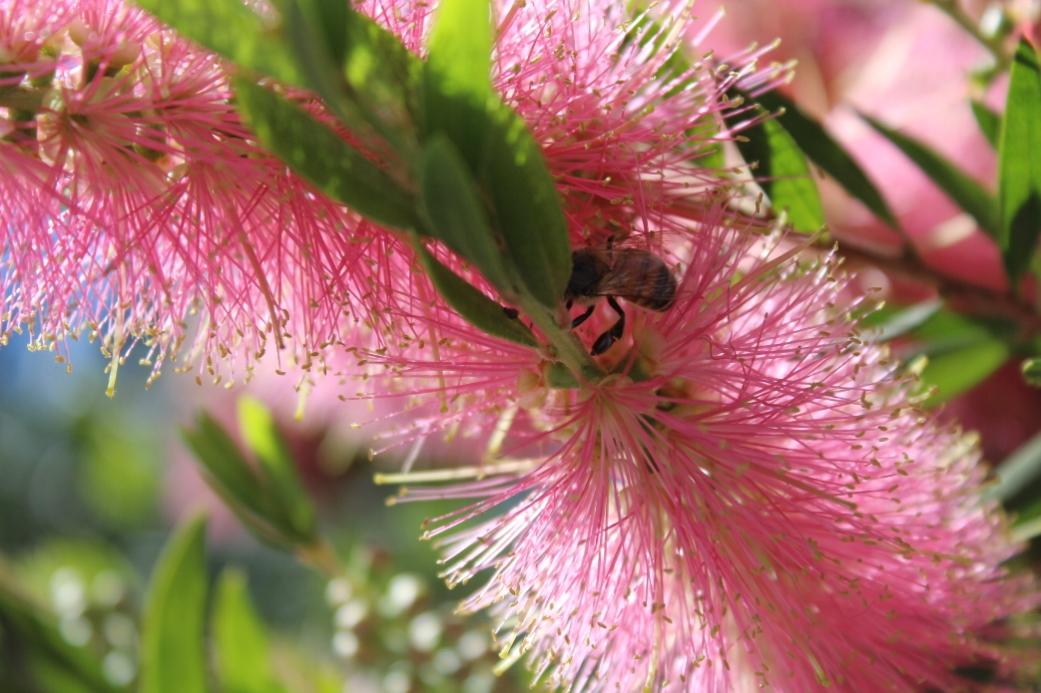
Spring In Pittwater
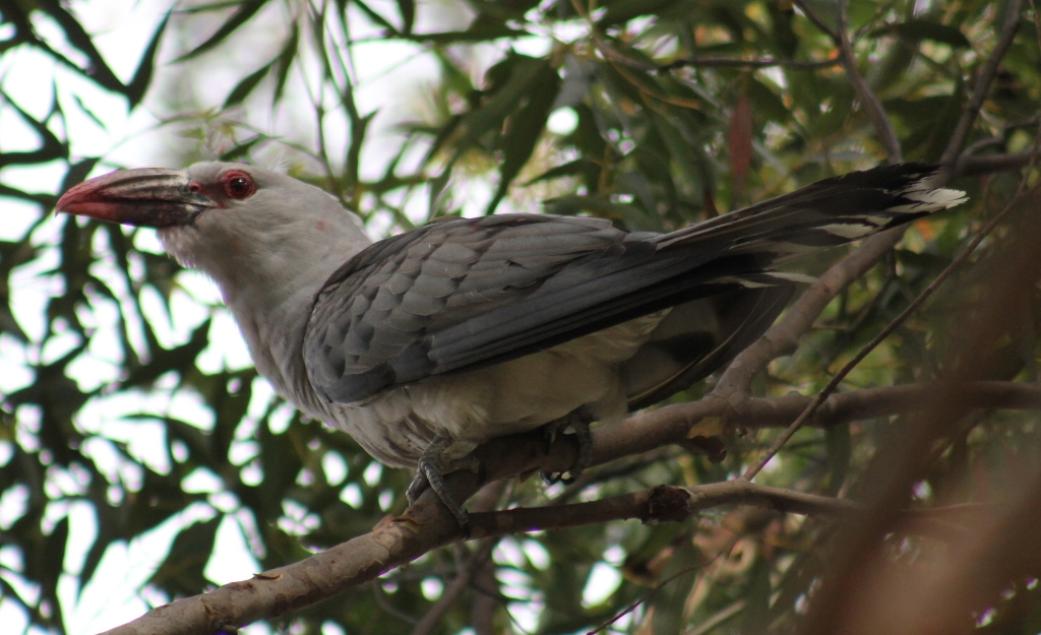
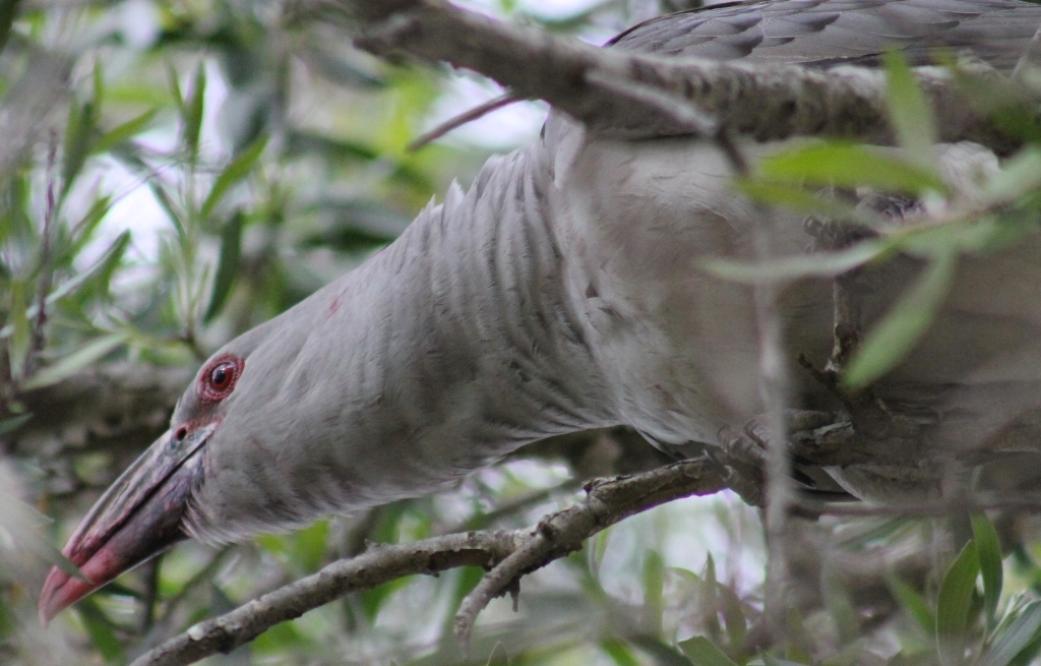
Other birds don't like the poor cuckoo as it is what is known as a 'parasite' bird - in that it will often lay its eggs in other birds nests and get them to raise their babies - this is a big bird, so you can imagine how hard a smaller bird, like a magpie, may have to work to feed such a baby cuckoo as it grows up.
They return here each Spring all the way from New Guinea or even Indonesia and go back again in March or April. They are the world's largest cuckoo and like mostly fruit to eat.
Visit: Summer is Channel-billed Cuckoos Season by Jeffrey Sabri and Andrew Tiede
The Common Koel is also a member of the cuckoo family and they too arrive around now. Adults are rather shy and they are heard much more than seen. In contrast to the adults, fledglings can be very conspicuous as they beg loudly for food from their foster parents.
Visit: Fledgling Common Koel Adopted by Red Wattlebird
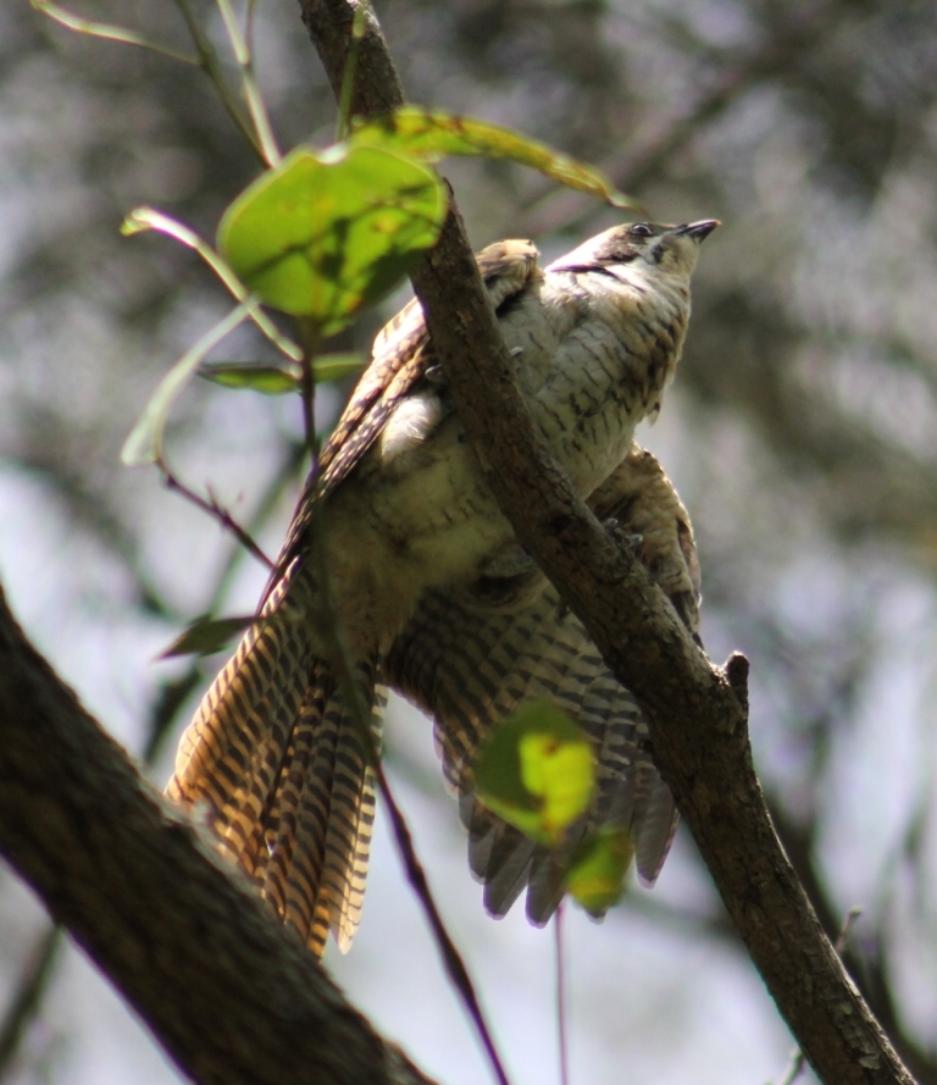
Common Koel Fledgling - Careel Bay, Summer of 2013
Most Koels migrate from Australia to New Guinea and probably eastern Indonesia and even further north, but some remain in northern Australia. During breeding season, they are found in northern and eastern Australia, south to about Nowra, New South Wales, although occasional birds are encountered further south. The Koels leave southern Australia in about March, so lots of 'cooee' sounds will be heard for a few months yet.
What many have seen the past few weeks is all our year round birds either gathering threads and straws to build nests or gathering food to feed newly hatched young ones - it's a great time of year to see what's happening in your own garden and look up!
Above: Channel-billed Cuckoos - Below: Common Koels - pictures taken by A J Guesdon in Springs and Summer in Pittwater.
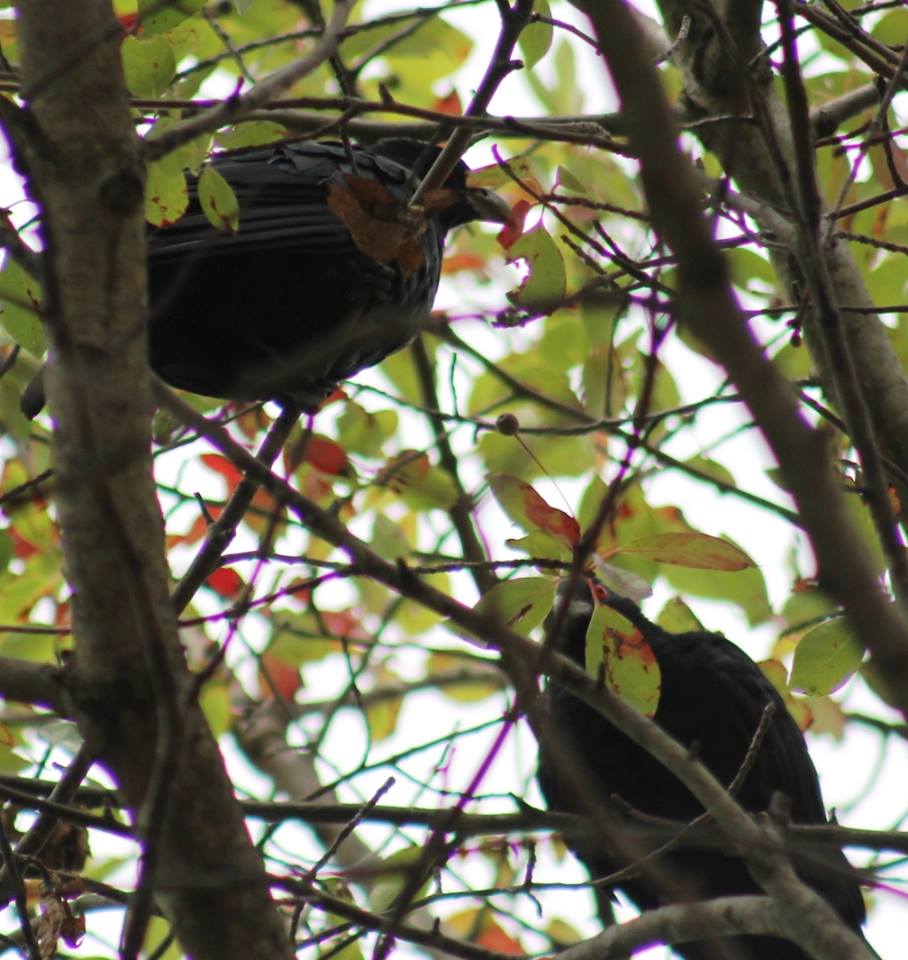
Past Features Archives (pre 2014)
Pittwater Online News was selected for preservation by the State Library of New South Wales and National Library of Australia. This title is scheduled to be re-archived regularly.
Archived Issues (2014 on) may be accessed here: pandora.nla.gov.au/tep/143700
